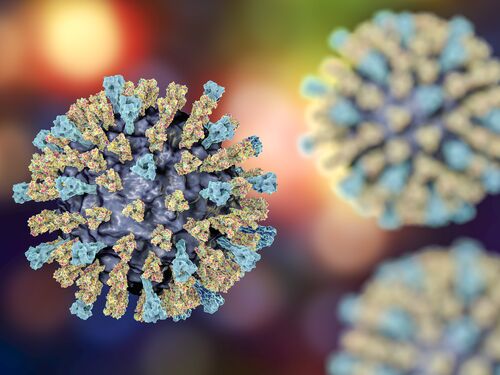Can cannabis use cause schizophrenia?
Based on Science
The relationship between cannabis use and schizophrenia is complex. Research indicates that cannabis use is associated with an increased risk of developing schizophrenia, but it’s not clear if cannabis causes the condition.
Last update April 15, 2020
Studies to date find a link between cannabis use and the risk of developing schizophrenia.
Multiple studies have asked whether people who use cannabis are more likely to be diagnosed with schizophrenia. These studies have found that cannabis use is associated with the risk of developing schizophrenia. People who used the most cannabis were at the highest risk for a schizophrenia diagnosis.
It might be that cannabis causes schizophrenia—but it might not.
It’s difficult for scientists to untangle the link between cannabis use and schizophrenia and conclude if cannabis use causes the development of schizophrenia, or, alternatively, if schizophrenia may lead people to use cannabis.
It’s possible that cannabis relieves some symptoms of schizophrenia (see below), so people who tend toward schizophrenia or psychosis might use cannabis because they find that it helps.
It’s also possible that some unknown factor causes both schizophrenia or psychosis, and a tendency to use cannabis.
It’s common for people to have both substance use problems and mental health issues at the same time, making it hard to draw a direct arrow from cannabis use to schizophrenia. A person’s genetics can also influence risk for schizophrenia, further muddying the picture.
For those with schizophrenia, there is some evidence that cannabis affects some symptoms.
Schizophrenia has both positive symptoms and negative symptoms. Positive symptoms add to a person’s experiences or activities, including hallucinations, delusions, and repetitive motions. Negative symptoms remove usual abilities, like expression of emotions or participation in social relationships and situations. There are also cognitive symptoms, such as trouble with memory, thinking, and attention.
Among people who’ve been diagnosed with schizophrenia, cannabis use is linked to both benefits and problems. Some studies suggest a small connection between cannabis use and a reduction in negative symptoms (a benefit), but an increase in positive symptoms (a problem). Some research on people with schizophrenia or related conditions also indicates that regular cannabis users perform better than non-users on tests of learning, memory, and attention.
Other studies didn’t find these patterns, though. Some reported no effect of cannabis on positive or negative symptoms.
Overall, at least, it seems cannabis doesn’t make negative symptoms worse. The data also suggest that a history of cannabis use is associated with better performance on learning and memory tasks in people with schizophrenia. A few recent trials assessing CBD (cannabidiol) in patients with schizophrenia had positive findings.
It will take more research to figure out exactly how cannabis use and psychosis are related. Several studies are ongoing.
ADDITIONAL RESOURCES
More like this
Discover
Events
Right Now & Next Up
Stay in the loop with can’t-miss sessions, live events, and activities happening over the next two days.
NAS Building Guided Tours Available!
Participate in a one-hour guided tour of the historic National Academy of Sciences building, highlighting its distinctive architecture, renowned artwork, and the intersection of art, science, and culture.




